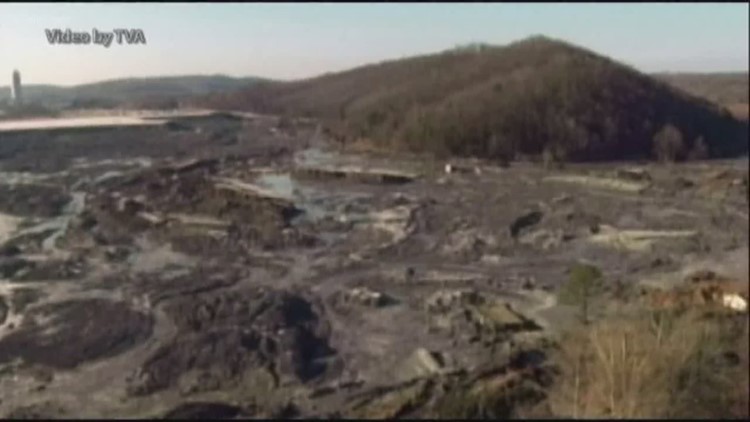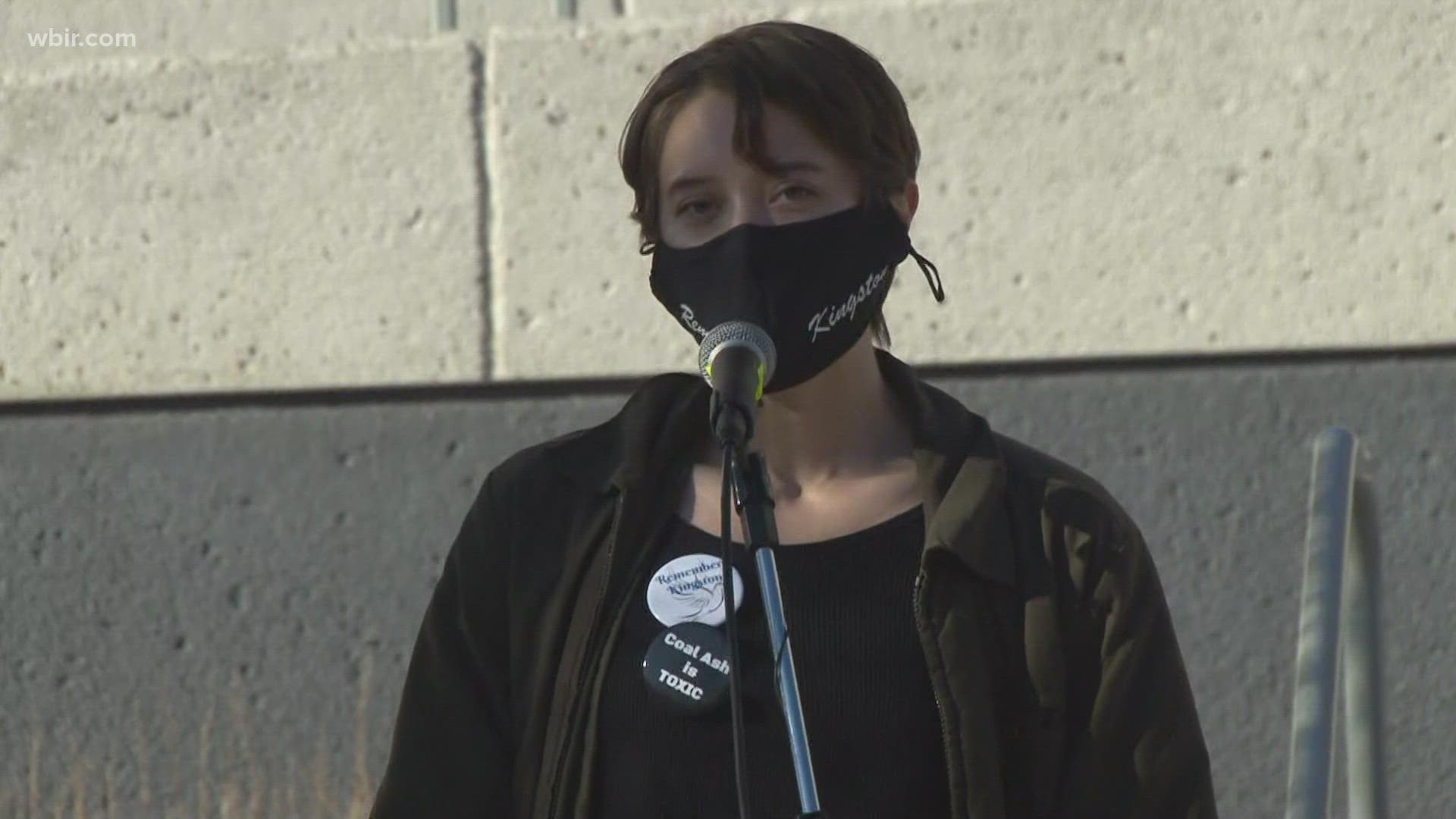Lawyers for former coal ash workers and the Texas company hired to clean up the 2008 Kingston coal ash disaster are getting more time to try to resolve a federal lawsuit for which millions of dollars are at stake.
U.S. Magistrate Judge Bruce Guyton in Knoxville agreed this month to extend the deadline for some 70 workers or their families and Jacobs Engineering to try to mediate a resolution in the yearslong case.
The deadline is now Aug. 16, a two-month extension from the original deadline.
U.S. District Judge Thomas Varlan has suggested mediation as a way to more quickly and efficiently determine what if any damages Jacobs should pay to former cleanup workers.
Jacobs and the plaintiffs were ready to start mediating Thursday, but that's now been put off, court records state.
Former employees or their families allege Jacobs Engineering failed to warn them and adequately protect them as they worked to clean up the remnants of a massive spill of liquid coal ash from a broken dike at the Tennessee Valley Authority's Kingston power plant.
They say dried coal ash contains toxic substances about which they should have been trained and protected. As a result of exposure and Jacobs' failure to look out for their well-being, some now say they've contracted cancer and other life-threatening illnesses. Some families say former workers have died as a result.
TVA is not a defendant in the lawsuit.
In November, a federal jury in Knoxville heard the first of two phases in the workers' lawsuit during a three-week trial. They decided there was evidence to believe Jacobs failed to uphold their duty to look out for the workers' welfares.
The verdict spurred a second phase to see if any worker suffered harm as a result of Jacobs' failure and what damages should be awarded.
At Judge Varlan's request, the sides are now trying to resolve their differences through mediation.
But Jacobs is coincidentally trying to have the jury's verdict thrown out. The firm argues Varlan last year approved a flawed verdict form, the document on which jurors had to confirm whether they thought Jacobs had shirked its duty to employees.
Jacobs has filed a rare request for the 6th Circuit U.S. Court of Appeals in Cincinnati to step in. It argues the matter is so urgent that the appellate court should help.
According to Jacobs, jurors heard proof on six specific points about whether Jacobs was at fault -- including whether it told workers that fly ash was safe to consume and whether it failed to train or warn workers on the dangers of excessive fly ash exposure.
When it came time for the jury to record its verdict, Jacobs argues, they weren't asked which specific areas they thought Jacobs could be liable for. That was Varlan's fault, Jacobs argues. Instead they were just asked generally if Jacobs had failed to exercise care.
The verdict form was flawed, Jacobs argues, and now there's a risk that the second jury, if one is impaneled, will re-litigate what's already been considered by the first jury, which would be a violation of Jacobs' constitutional rights.
On May 14, Jacobs filed its request with the 6th Circuit to find that Varlan had erred and the verdict should be tossed, records show.



